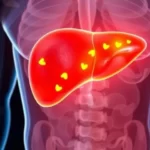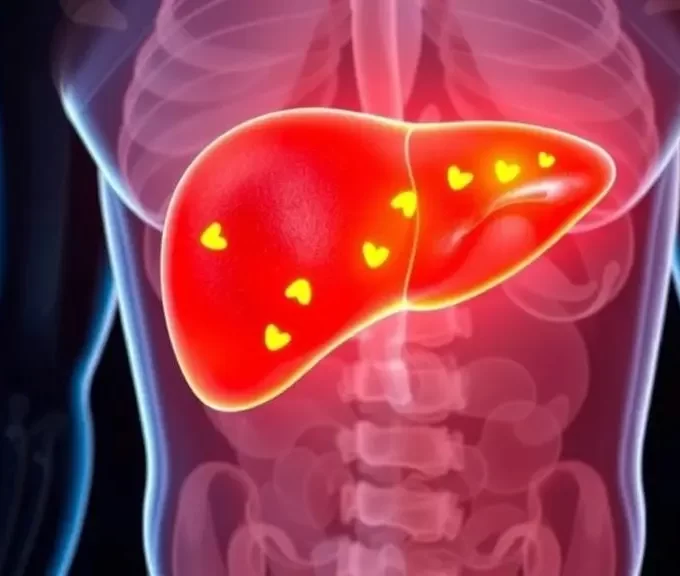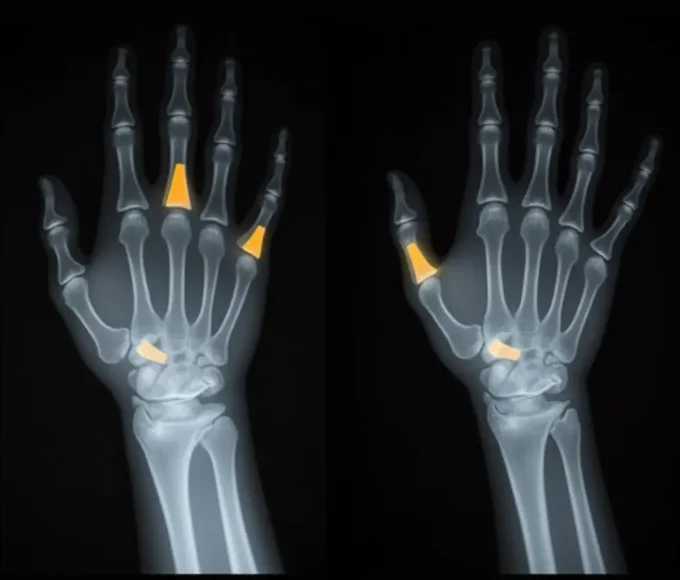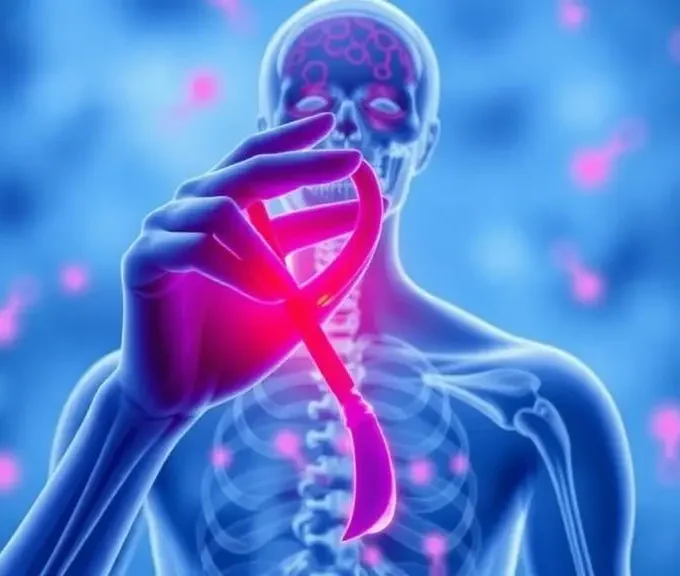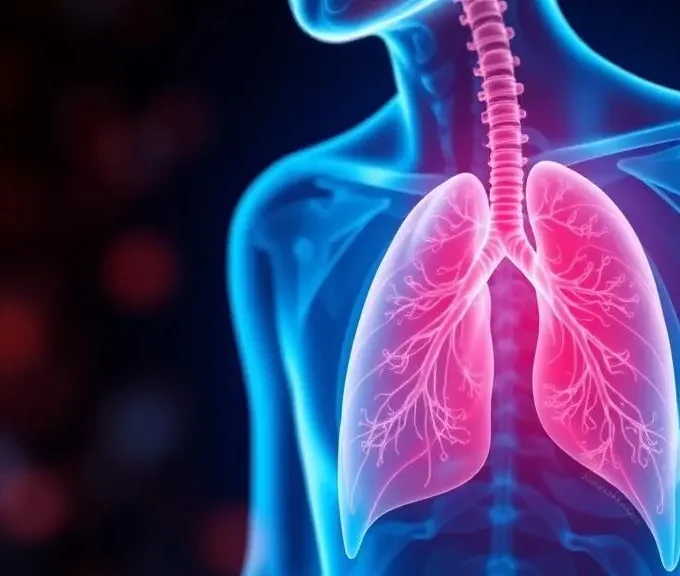Remedies used in the treatment of depression
Arsenicum album
Made from white arsenic, this remedy is indicated for people who worry unduly about their health or who are perfectionists and overly critical of themselves and others. They are at risk of depression if they fail to reach their own high standards. People who respond to Arsenicum album are often physically worse in cold weather, very sensitive to pain and suffer most between midnight and 2am.
Aurum metallicum
Made from gold and used for people who are workaholics with an excessive sense of duty. This renders them prone to despair, feelings of worthlessness and suicidal thoughts following a perceived failure in their work or personal life. People who do well with Aurum metallicum often feel better by walking outdoors.
Calcium carbonicum
Suits people whose outward strong, dependable and industrious appearance hides a shy and introverted nature. Such people can be left feeling fatigued,anxious, withdrawn and self-pitying by overwhelming work pressures. People who respond to this remedy, which is made from the inner layer of an oyster shell, are chilly people who sweat easily, who periodically feel sluggish and suffer with insomnia – especially when away from home.
Ignatia amara
Suits those who become depressed after trying to suppress feelings of grief, despair or emotional upset at the expense of outbursts of hysteria or mood swings. People who respond to the homoeopathic form of the St Ignatius bean may suffer from a lump in the throat and frequent bouts of yawning. The remedy is often used after bereavement.
Kali phosphoricum
Benefits people who are normally clear sighted and extrovert, who suffer from the effects of exhaustion from overwork by becoming shy, seeking their own company and flinching at sudden noises. Alongside the change in mood they often develop muscular weakness, yellow discharges and may wake early with hunger pangs.
Lachesis muta
This remedy made from snake venom can help depression caused by repression, jealousy or suspicion. Suits people who hate commitment and confinement. They may worry about world affairs and be very talkative. Lachesis may treat menopausal depression, particularly if the woman feels worse on waking and suffers with hot sweats.
Natrium carbonicum
Gentle, unselfish people who care deeply for their family and friends may become depressed after a loss or disappointment. They try to hide their feelings from others, which does not help their condition. Constitutionally, they have weak digestive systems and a marked intolerance to dairy products. When suffering, they isolate themselves and may listen to sad music. Natrium carbonicum may help in these cases.
Natrium muraticum
This remedy is helpful for sensitive, refined, serious-minded people, whose inner feelings are strong and may be of anger, grief or fear of losing control. The manner in which they bottle up these feelings may lead to depression. They dislike consolation from others and appear stoical and controlled. They need to be alone to cry and can be moved to tears by music. People benefiting from this remedy often suffer from migraines and are fatigued by the sun.
Pulsatilla nigricans
People needing this remedy appear childlike with emotions that vary from moody and clingy to yielding and sensitive. When depressed, they cry readily and enjoy consolation and need the support of others. Pulsatilla is a useful remedy for depression due to hormonal changes after childbirth ormenopause. The woman will often crave sweet foods and put on weight.
Sepia
Sepia is made from cuttlefish ink. It is used for weary, irritable people – especially when overwhelmed by their responsibilities to family members. They direct their irritability towards loved ones and have trouble in explaining their symptoms. The remedy is used for postnatal depression, loss of libido and menopausal symptoms, especially when accompanied by a sagging feeling in the pelvic area.
Staphysagria
Suppressed emotions, particularly rage, that can erupt under severe pressure, can be helped with this remedy. When the person is well they are mild and yielding, but they can be addicted to work. A high sex drive is often present. Stress related headaches, toothache and stomachache are pointers to the use of this remedy.
Related Articles
General Disease
Homeopathy for Fatty Liver: Causes, Symptoms, Remedies & Recovery
Fatty liver disease has emerged as one of the most common health...
General Disease
Buckle Fracture (Impacted): Symptoms, Causes & How It’s Treated
An impacted fracture is a type of bone fracture that occurs when...
General Disease
Homeopathy for Cancer Treatment: A Deep Dive into Holistic Healing & Hope
When someone hears the word “cancer,” it often comes with fear, uncertainty,...
General DiseaseHomeo
Lungs Cancer Explained: Symptoms, Best Treatments & Homeopathy’s Role in Recovery
Lungs cancer remains one of the deadliest and most misunderstood diseases globally....



